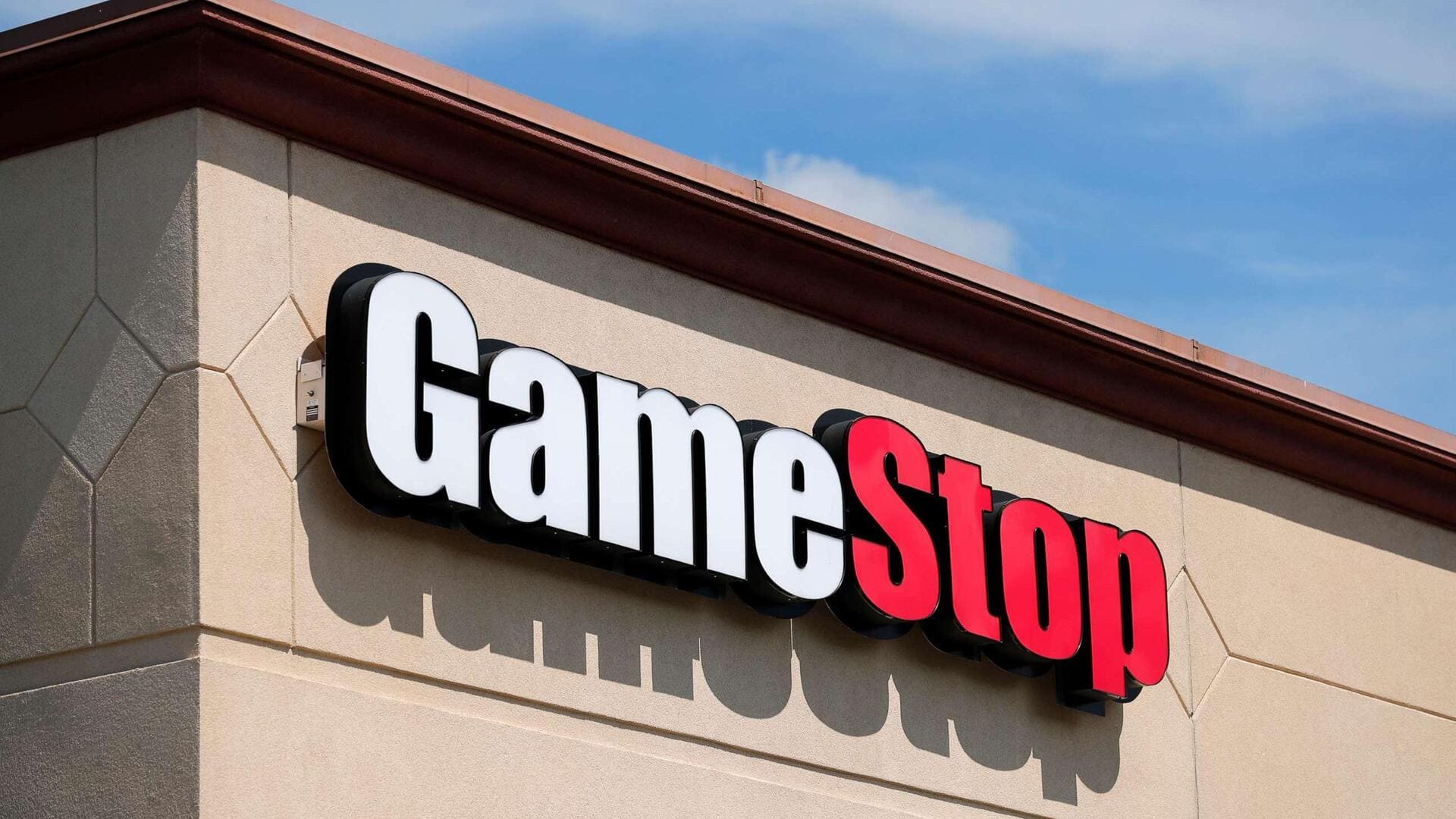
GameStop shares soar 74% after Keith Gill's social media return
What's the story
GameStop shares soared 74%, following the return of Keith Gill, also called "Roaring Kitty," to social media. This marked the largest intraday climb since the 2021 meme stock frenzy. Gill arrived online after three years, and shared a meme on X denoting heightened gamer attention. He followed this up with a YouTube video, where he said, "That's all for now cuz I'm out of breath. Here's a quick 4-minute video I put together to summarize the $GME bull case."
Meme frenzy
Gill's return sparks resurgence in meme stocks
Gill's return to social media, led to GameStop shares more than doubling at market opening and closing the day up 74%. This spike also had a ripple effect on other meme shares like AMC, which saw a 78% increase. In 2021, Gill and other retail investors triggered a massive rally by buying GameStop stock, leading to a "short squeeze" where short sellers were forced to buy stocks at rising prices to mitigate losses.
Impact
Trading halted amid extreme volatility, AMC shares boosted
The resurgence in GameStop shares led to extreme market volatility, resulting in trading being halted eight times. This grassroots movement, initiated on the Reddit forum Wallstreetbets, had previously driven GameStop's share from below $20 to nearly $400. The phenomenon created a David v/s Goliath scenario against large hedge funds betting against GameStop, and caused estimated losses of around $5 billion for major hedge funds such as Citron Research and Melvin Capital.
Market shift
Gill's influence remains potent, short positions decrease
Despite stepping away from public forums after a 2021 video, Gill's influence remains strong in the stock market. Interest in meme shares had been rejuvenating earlier this month, with GameStop and AMC clocking significant gains. Short positions against GameStop have decreased from over 140% of tradable stocks in 2021 to just over 24% now. Despite profiting from the rise, Gill testified in a Congressional hearing that he did not aim to manipulate the share price, but simply liked the stock.